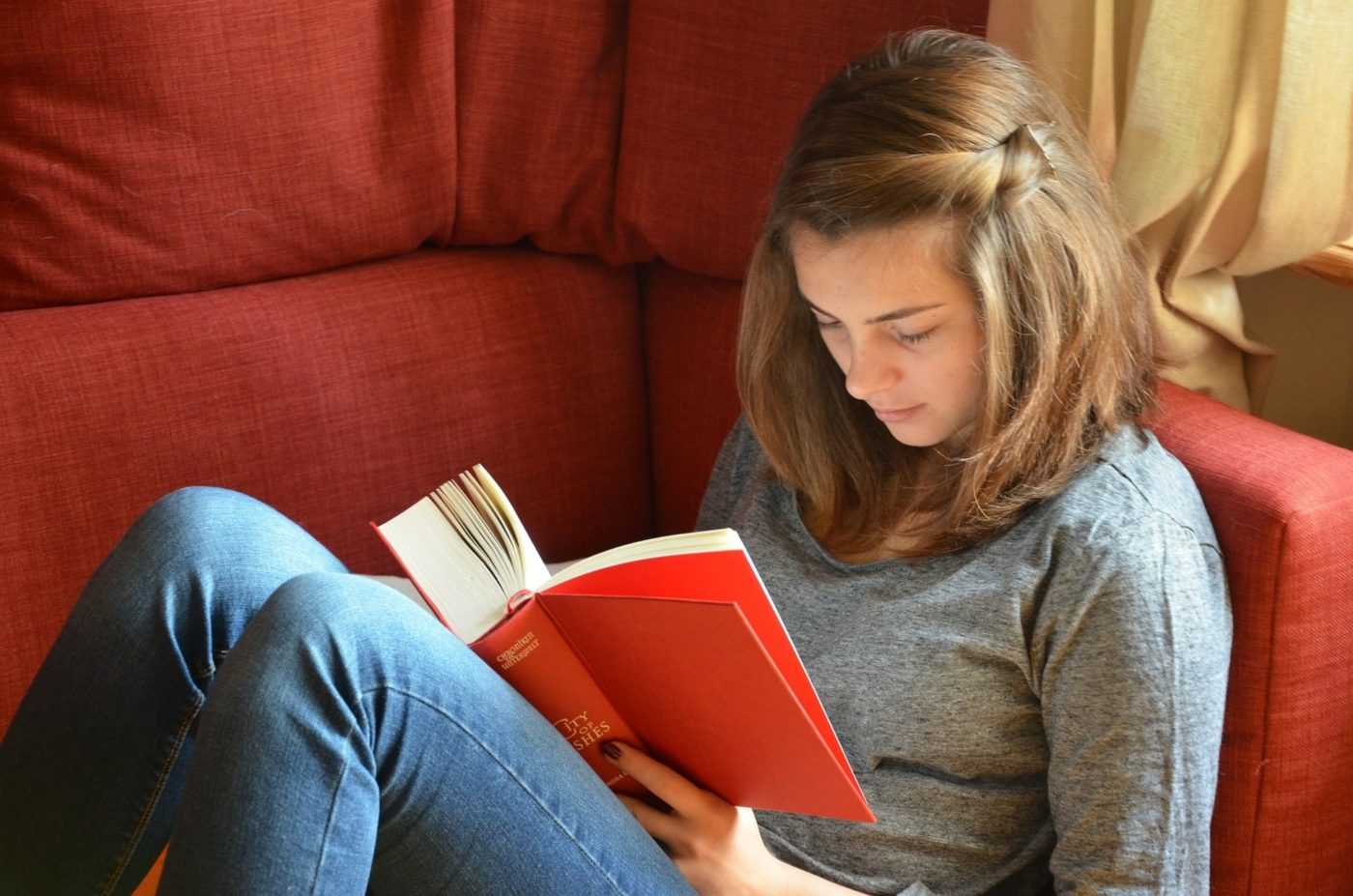
Having the Confidence to Question
How to be a ‘thinking’ student
As we head into the second half of the school summer term, it signals a period of change for several year groups: Year 2’s may be leaving their Infant schools and moving into Juniors, Year 6’s may be preparing to make the move from Primary or Junior schools to Secondary, and the Year 11’s get ready to sit their GCSE’s. It can be an exciting time for many but for some it may represent a big step into the unknown, a time of feeling the overwhelm rather than a natural progression.
It is worth preparing our youngsters to embrace this term, whatever their views on these changes, and especially for those sitting their GCSE’s it can be important to give them some perspective. It can feel like this is a crucial time, laying down the foundation for their future progression in academia and further on into their careers but this can cause a lot of anxiety and stress, and ultimately hinder the students as they feel themselves sinking beneath the pressure.
And preparing your child does not need to entail a lengthy lecture but rather a quiet chat to gauge where they are on the emotional scale: worried, coping, anxious, excited, even not bothered. It gives them an opening to air their views and get things off their chest, and that can be all that is needed, a sense that you are with them on their journey into adulthood.
Intrinsically children are selfish, it’s hardwired into their DNA to look after themselves and this narrow vision often means that the events they face seem bigger than reality – literally life or death.
Just this week (May 2017) the BBC reported that the GCSE English Literature examination papers included an error in one of the questions:
http://www.bbc.co.uk/news/education-40059967
“One of the country’s biggest exam boards, OCR, has admitted to an error in Friday’s English Literature GCSE exam, taken by around 14,000 teenagers. The mistake related to a question on Shakespeare’s Romeo and Juliet in which the family background of a key character, Tybalt, was mixed up. It suggested he is a Montague when in fact he is a Capulet.”
And of course there was an outcry:
“…head teachers said the error was ‘serious’. “
“Geoff Barton, general secretary of the Association of School and College Leaders, said when candidates see errors in a paper it can undermine their confidence…This appears to be a serious error and it will have caused stress and concern to candidates.”
“One pupil … said: “I got to the question, I read it, and read it again and thought that doesn’t make sense. It really threw me off – it had been fine until then, and then this happened… We had all tried so hard and made so much effort, and then for the board to mess it up, it’s just terrible. It’s so distracting – afterwards everybody was so worried and stressed that they had got it wrong. You don’t expect something like that on your exam.”
And a teacher tweeted:
“Our Year 11s have worked so hard studying Romeo and Juliet for their #gcse and have been completely let down by #ocr – please RT for them”
But shouldn’t we use these instances as a learning tool? Although they are rare they do happen and will inevitably happen again – after all these exams are written by humans who are not infallible despite the checks that are in place to prevent them. Do these instances not represent what happens in real life, life outside school and beyond into adult life? Real life is not perfect, people make mistakes, it happens.
In fact these instances can encourage another dimension beyond learning and that’s self-thinking. It’s about opening your eyes, not just learning for the sake of passing a test but actually learning and being able to apply the knowledge. No one could argue with an answer that begins “I believe the question is wrong, it should be…”
This would demonstrate a confidence in the student’s knowledge right from the outset and a maturity in the student to stand up and point out the error, not an easy thing to do by any means, but something that should be applauded as a step towards maturity.
So part of learning could include empowering the students to question what is in front of them – and that helps prepare them for an imperfect world where they will inevitably come up against instances when they will need to use their judgement, not just blindly accept what they are being told. This is an invaluable lesson in being an independent self-thinking individual.
And isn’t that as valuable a lesson as getting the question right? It builds resilience, a confidence to question.
A young student may feel their whole world hangs on them getting good results when, with some perspective, the reality is that if they fail it isn’t the end of the world. It might just mean it takes a little longer to get their feet on the path they choose – or even deciding to go a different way. And that’s not a free pass to forget about revision, it is still important to try their best!
But helping them build a little resilience now may help them grow in confidence, and help them cope so much better with life.
If your child is feeling the overwhelm, it can be very useful for them to talk through their worries with a Solution Focused Hypnotherapist to gain some clarity of thought and to help deal with any anxiety they may have. Using a combination of clinical hypnotherapy and psychotherapy, we can help children as young as 6 years old to gain control over their feelings. If you would like to learn more, contact us for a chat info@questhypnotherapy.co.uk
